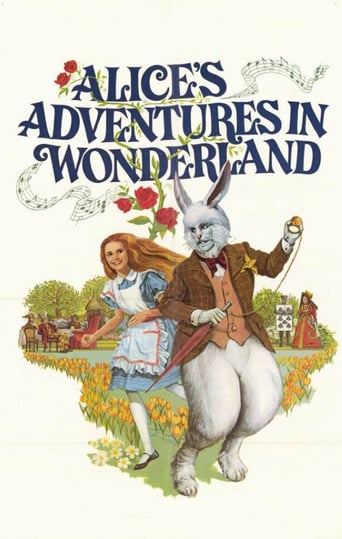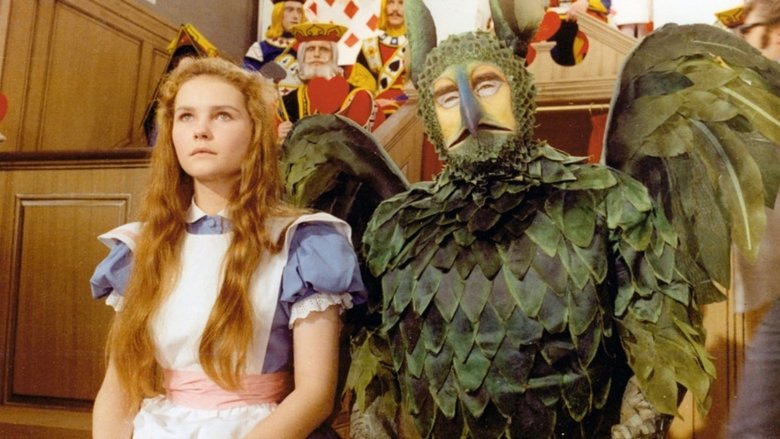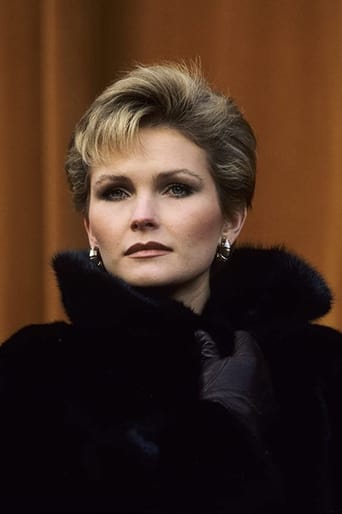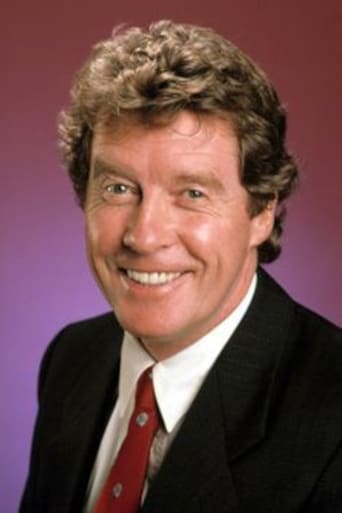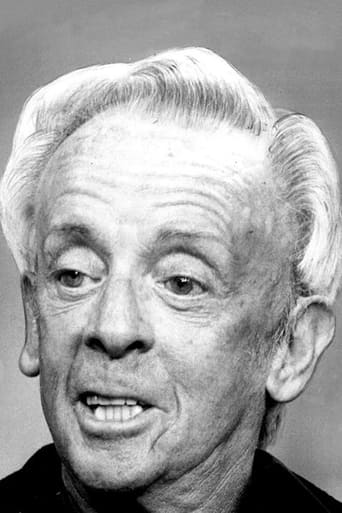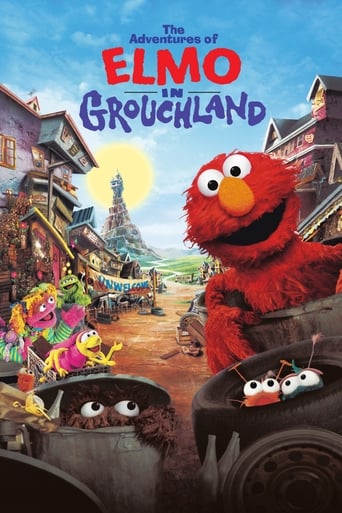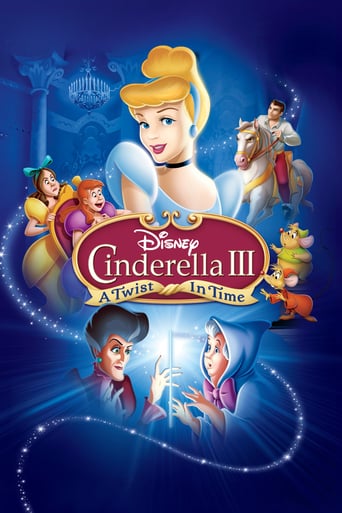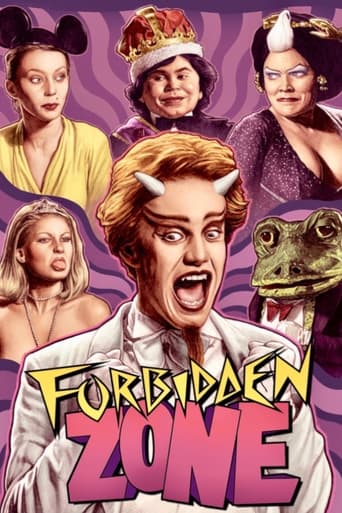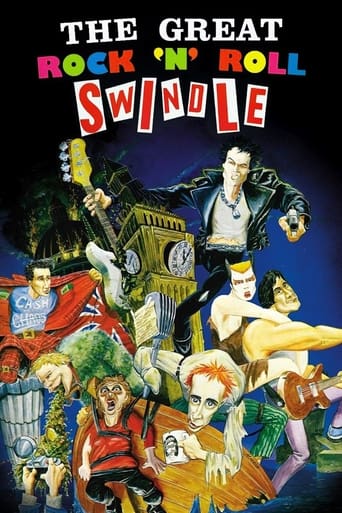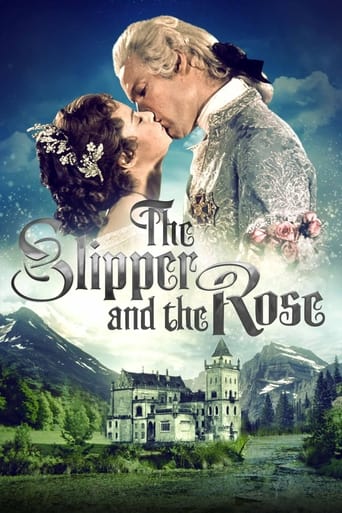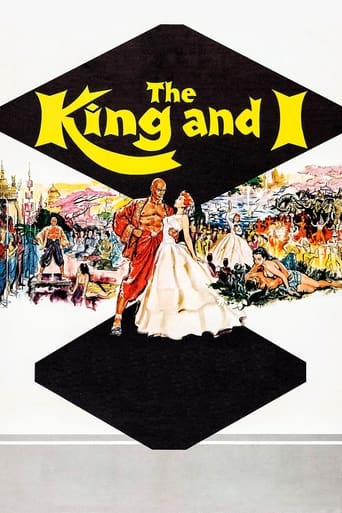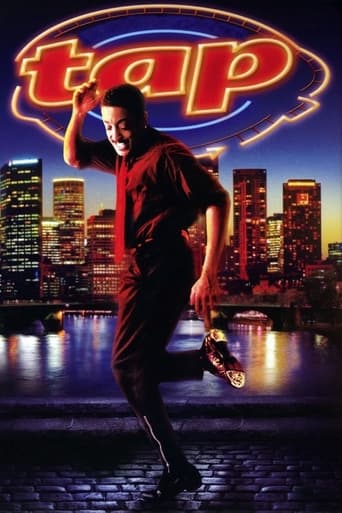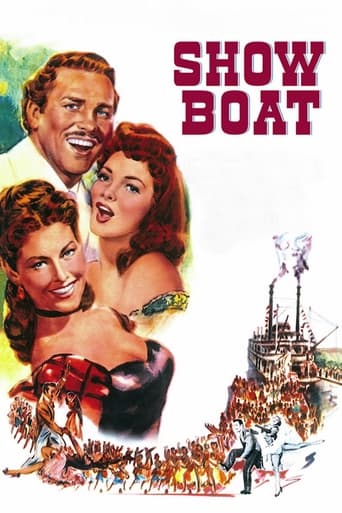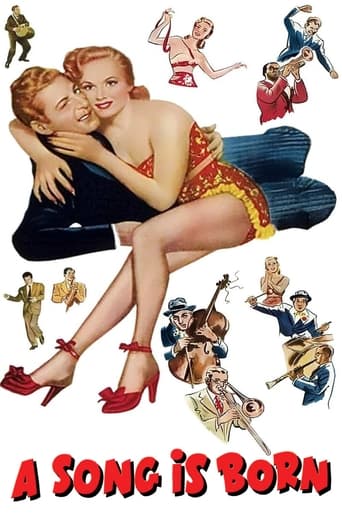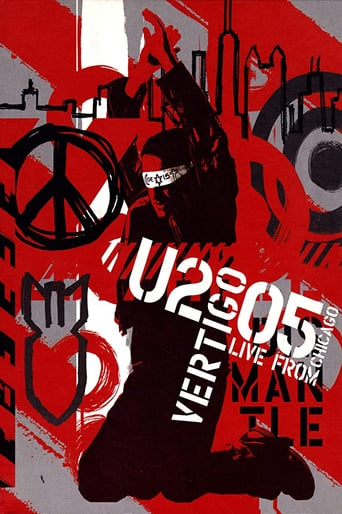Alice's Adventures in Wonderland (1972)
An all-star cast highlights this vibrant musical adaptation of Lewis Carroll's immortal tale. One day, plucky young Alice follows a white rabbit down a hole and discovers a world of bizarre characters.
Watch Trailer
Cast


Similar titles
Reviews
Simply A Masterpiece
Better Late Then Never
One of the worst ways to make a cult movie is to set out to make a cult movie.
One of the most extraordinary films you will see this year. Take that as you want.
Even the Disney animated version isn't as cheesy, lame or frankly ridiculous as this live action remake, based on the Lewis Carroll tale. You know the basic story, Alice (A View to a Kill's Fiona Fullerton) falls asleep, and dreams chasing the White Rabbit (Some Mothers Do 'Ave 'Em's Michael Crawford) into the bizarre (more son in this version) world of Wonderland, meeting a variety of weird and "wonderful" characters, such as the Dormouse (Dudley Moore), The Caterpillar (Sir Ralph Richardson), Tweedledee (Frank Cox) and Tweedledum (Freddie Cox), the Cheshire Cat (Roy Kinnear), the Mock Turtle (Michael Hordern), the Mad Hatter (Robert Helpmann) and March Hare (Peter Sellers), the Gryphon (Spike Milligan), and Queen (Flora Robson) and King (Dennis Price) of Hearts. I don't know if it is the film itself that is ridiculous, or the fact that so many well known TV and film stars are making complete idiots of themselves, and as for the songs, they don't help, oh, Fullerton talks to herself too much. It won the BAFTAs for Best Cinematography and Best Costume Design, both wrong choices. It was number 63 on The 100 Greatest Family Films. Pretty poor!
A first look at this "Alice in Wonderland" on the small screen makes one think, "Oh, the humanity!" as many of Britain's finest thespians and comics get lost in animal suits. With this big film formatted for television, one loses two-thirds of the movie's gorgeous look; interrupted by commercials, it loses its narrative flow.Viewed in wide-screen (and it's very wide-screen), one sees striking art direction and set design. There is also a sensible flow from one scene to the next (all based on Carroll) that is lost on most television broadcasts because of commercial interruptions.The acting is often delicious. Peter Sellers' demented March hare provokes laughs, as does comic Spike Milligan -- utterly hidden in his Gryphon costume but using one of his best "Goon Show" voices to good effect and stealing scenes with just his eyebrows. Peter Bull is the image of the Duchess.Some of the costumes are tacky. Ralph Richardson, one of England's premier actors, is too obviously a poor man relegated to a caterpillar outfit. Michael Hordern makes his Mock Turtle even more bizarre than Carroll made him (contrast Hordern's M.T. to John Gielgud's wistfully melancholy mock turtle in the '66 Jonathan Miller "Alice"). Dudley Moore delivers his lines well, but his Dormouse suit seems to have come off the rack. Young singer/light comedian, later Phantom of the Opera, Michael Crawford, is unrecognizable as the White Rabbit.Other performances range from the excellent to the adequate. Robert Helpman, who terrified more than one generation of children as the child catcher in "Chitty-Chitty Bang-Bang" doesn't come off so effectively as the Mad Hatter (it's too bad Milligan didn't get that part opposite Sellers' wonderfully insane March Hare, and maybe Harry Secombe as the Dormouse for an all-Goon tea party). Frank and Fred Cox are an amusing Tweedledum and Tweedledee. Flora Robson is a fine "Queen of Hearts". And Fiona Fullerton is a radiant and beautiful teen-aged Alice.Then there is the music. The songs are mostly taken from Carroll's text (with a few regrettable exceptions). They actually get better as the show goes along (as with the Lobster Quadrill and the White Rabbit's letter-song) and they're best when they stick to Carroll. Apart from the better songs, the music isn't inspiring. John Barry, who composed some of the best music for the movies ever, drops the ball with mostly sappy and unmemorable music that drags the movie down.What ultimately keeps the movie from being as good as the sum of its parts is that, like Carroll's story, there's just too much Wonderland to go around; and by the time we reach the Gryphon and the Mock Turtle, good though they are in the book and as much life as Milligan and Hordern try to inject into their roles, we're saturated and ready for the story to wrap up.The letter-boxing makes the movie awfully narrow for many televisions, yet tapes and DVDs formatted for the TV screen simply can't do the feature justice.
A book which details the strange adventures of a young girl in a surreal dreamworld is perhaps not a natural subject for a film, but Lewis Carroll's classic has been filmed many times. Few if any, however, of those filmed versions have themselves achieved classic status. The one exception is possibly Disney's cartoon version; this live-action British version from the early 1970s is less well known but is, I think, superior.Unlike the Disney version, this film stays faithful to Lewis Carroll's original text, except in one respect. Carroll probably envisaged Alice as a little girl (although her exact age is not given in the book, and Tenniel's famous illustrations show a strange child-woman with a twenty-year-old head on ten-year-old shoulders). In this film, however, Alice is not a child but a beautiful teenager on the verge of womanhood. Although purists may not approve of this change, in my view it actually strengthens the film, in two ways. The first is that Fiona Fullerton makes an enchanting Alice and brings a wonderful sense of freshness and innocence to the role. Paradoxically, she seems more child-like than would many child-actors, whose stock-in-trade is often a brash knowingness and the ability to seem old beyond their years. The second reason why the film works better with an older Alice is that it attempts to explore the psychological sub-texts of the original novel in a way that the Disney version, for example, did not. The story has a deeper significance than that of merely an entertaining children's story. Alice's bizarre adventures are symbolic of the process of discovery of oneself and of the wider world which constitutes growing up. No doubt amateur Freudians could have great fun interpreting the various incidents, but it is not my purpose here to comment on these interpretations. It is enough to say that Alice must, as must we all, try to make sense of a world which often seems strange and bewildering. Her world is simply a bit stranger than everyone else's is. Given that adolescence is for many of us a difficult, disorientating period, an Alice who is on the border between childhood and adulthood seems entirely appropriate. The title of the film's best-known song, `The Me I Never Knew', strengthens the idea that the book is about the attainment of self-knowledge.Miss Fullerton is ably assisted by a splendid supporting cast, including some of the best-known British comedians of the period (Peter Sellers, Dudley Moore, Michael Crawford, Spike Milligan, Roy Kinnear) and some actors better known for more serious roles (Ralph Richardson, Michael Hordern). Perhaps the cost of employing so many well-known names emptied the budget, as the sets look rather cheap and crudely made. That, however, is not a serious criticism; indeed, one could even say that the unreal-looking sets contribute to the strange, dreamlike feel of this film. In a surrealist film, realism is not a virtue. 8/10.
This adaptation of Lewis Carroll's weird and wonderful book tries hard to do justice to its source, but doesn't quite get there. The music by John Barry is saccharine and unmemorable for the most part; although things do pick up when the Mock Turtle and Gryphon (Michael Hordern and Spike Milligan, inspired casting!) lead Alice in a mad dance.Young Fiona Fullerton looks the part and sings well - she'd go on to front a number of musicals - but the other characters just stop on the wrong side of odd and scary, making them not frightening in the least. The White Rabbit (Michael Crawford) dashes around, the Mad Hatter, March Hare, and Dormouse have their odd tea party (Robert Helpmann, Peter Sellers, and Dudley Moore in another highlight of the film), the Duchess's baby turns into a pig (the Duchess is played by Peter Bull, who turned in a number of grotesque female roles in cinema), and the Queen of Hearts orders everyone's heads off (a waste of Flora Robson's talents). The film needed a bit of imagination to take off (for another interpretation of the creatures, see the 1980s film 'Dreamchild', with horrific creations from Jim Henson's workshop); as it is, it passes the time but has little fizz.

